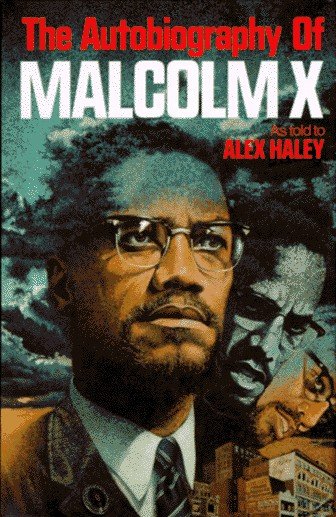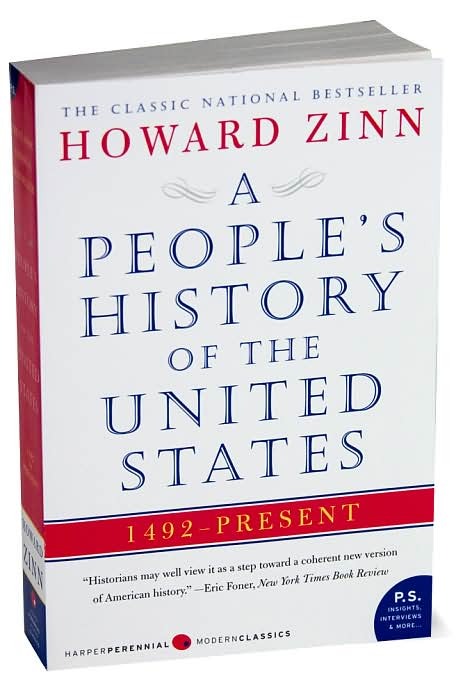By: Marvin DeBose
In Philadelphia, a city with a huge emphasis on athletics,
it’s not too often that people see athletic skills and life skills taught in
conjunction with one another.
However, on Sunday, June 30th, at Finley Recreaction Center,
about 20 Mt. Airy kids, ranging from ages 6-15, witnessed an exception to that
rule, at the 3rd “Players Helping Players” free basketball clinic.
The program was largely coordinated by William Logan, a Mt.
Airy/West Oak Lane resident who grew up playing basketball at Finley Recreation
Center. Logan played under the tutelage of Mt. Airy basketball
coaches, Marvin DeBose Sr. and Bob Pembleton in the early 2000s and went on to
earn his Bachelor’s degree from Lockhaven University in Sports and Fitness
administration and his Master’s from St. Louis University in Concentration
Sports Management.
Logan, who is currently the assistant men’s basketball coach
at the University of Bridgeport in Connecticut, discussed the importance of
this program.
“It’s important for people who had success through [the
Finley Basketball program] come back and give back,” Logan said. “We to
continue to have something positive going on in the community.”
Shooting, passing, defense and other high-energy drills
focusing on basketball fundamentals were the main activities in the 2-hour
clinic, largely with the assistance of the program’s facilitators Jordan
Ingram, a basketball coach at Mercer County Community College in Trenton, NJ.
and Kevin Smith, another former Finley player who’s now a mathematics teacher
for Universal Companies in South Philadelphia.
Ingram, once a standout basketball player for Archbishop
Carroll, as well as a player for Fairleigh Dickinson University, noticed a
direct correlation between one’s development as a basketball player and one’s
personal development.
“Learning how to work with people, learning that it not all
about me,” Jordan stated, are some of the life lessons which basketball helps
to reinforce. “In high school I didn’t always have the best relationship with
teammates, but the job had to be done.”
Smith, who, like Logan, started playing under DeBose and
Pembleton at Finley at the age of 14, also drew parallels between athletics and
life skills
“Coaching [both on and off the court] plays a big role, it
comes down to teaching young players the right thing and how to be not only
better players, but better people,” Smith said.
The event was culminated with motivational speeches
on the importance of academics and life skills from numerous former players and
coaches. Players spoke on the importance of giving back their communities, as well as academic
excellence, and hard work and dedication, both on and off of the court.
“It’s not about finding the most talented players and
talking to them about how talented they are.” Ingram said. “No let’s focus on
picking up books and your academics.”
To further emphasize the academic message of the program,
players were also given a selection of countless books to take home, sponsored by the
Free Library of Philadelphia. DeBose Sr., the former Finley Rec coach of Logan
and Smith, who now works as a librarian for the Free Library of Philadelphia,
helped to provide and distribute the books.
The coaches of the “Players Helping Players” clinic hoped
that the program was effective in not
only linking life skills and basketball but giving the youth a positive,
ambitious outlook.
“You’re not gonna win every game, just like you’re not gonna
win in life all the time,” Logan said, “But you have to come back working hard
and fighting and eventually you’ll get to where you want to be.”













